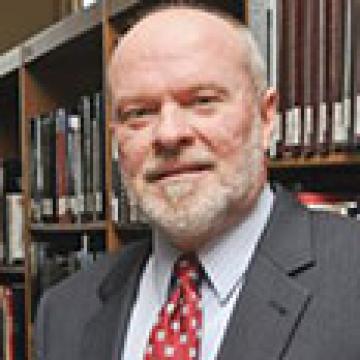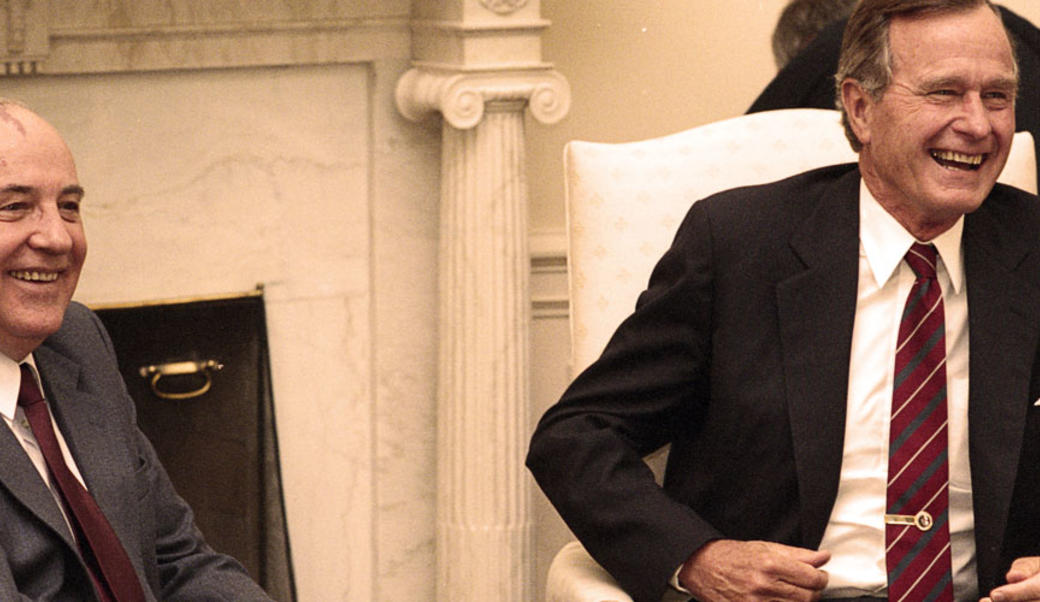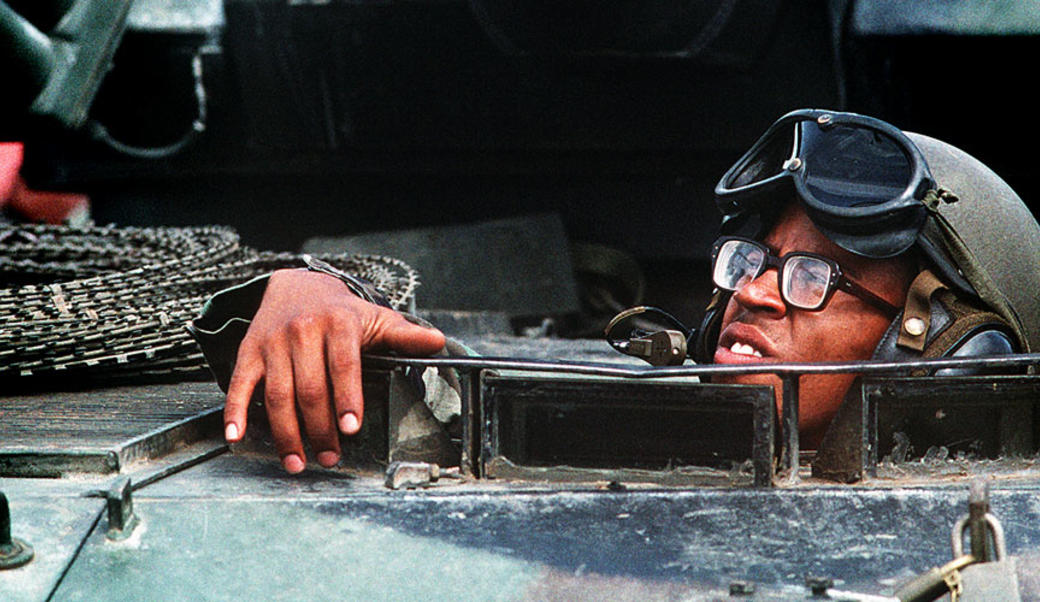George H. W. Bush: Impact and Legacy
George Herbert Walker Bush came into the presidency as one of the most qualified candidates to assume the office. He had a long career in both domestic politics and foreign affairs, knew the government bureaucracy, and had eight years of hands-on training as vice president. Still, if presidential success is determined by winning reelection, Bush was unsuccessful because he failed to convince the American public to give him another four years in office. Generally the Bush presidency is viewed as successful in foreign affairs but a disappointment in domestic affairs. In the minds of voters, his achievements in foreign policy were not enough to overshadow the economic recession, and in 1992, the American public voted for change.
Bush came into office promising continuity with the Reagan years and proceeded cautiously; he did not advocate radical change or announce sweeping domestic programs. He was constrained by a large budget deficit, limited federal revenue to fund programs, and a Democratic-controlled Congress. Critics charged that his administration lacked vision and did not communicate its approach effectively to the public. Although Bush had some notable domestic achievements, such as the Americans with Disabilities Act and the Clean Air Act Amendments, he focused much of his attention on foreign affairs.
Presidents generally have more control over foreign policy than domestic policy, and this was markedly the case during the Bush presidency. Bush put together a strong team of advisers, including James Baker, Dick Cheney, Brent Scowcroft, and Colin Powell, and together they oversaw significant accomplishments. Bush had a conservative nature and was uncomfortable with bold, dramatic change, preferring stability and calm. These characteristics helped him lead the United States through a period of geopolitical transition. Although the Bush administration often had little control over the unfolding of world events, its responses helped avoid chaos. His refusal to gloat or declare victory during the collapse of the Soviet empire helped Mikhail Gorbachev and diffused a possible backlash from the hardliners in the Soviet government. President Bush showed that he could act unilaterally (such as in Panama) but he was also able to form a large, diverse coalition (such as in the Persian Gulf War).
Still American voters did not perceive that President Bush cared enough about domestic issues. Some observers have criticized Bush for not "selling" his achievements more successfully and running an inept campaign in 1992. He alienated the more conservative wing of the Republican Party in a variety of ways including breaking his promise not to raise taxes and cutting military spending. Conservatives felt he had betrayed the Reagan Revolution. He was also not helped by his unfair image as a rich Ivy Leaguer who was out of touch with average Americans; despite living much of his adult life in Texas, he could not overcome the stereotypes associated with his privileged New England background.
The passage of time is essential in formulating a true understanding of any presidency—only after the partisan battles have cooled and a policy legacy is fully matured can an honest assessment be made of President George H. W. Bush's place in history. The historical assessment of "Bush 41" is still evolving, and fairly or not, when a father and son both serve as President of the United States, comparisons are inevitable. And since both Presidents spent considerable time during their administrations dealing with Iraq, historians will take notice of their respective skills at conducting foreign affairs. For example, Bush 41's efforts to build an international coalition before embarking on the Persian Gulf War differed greatly from his son's unilateral approach, and will likely serve him well in the assessments of future generations of historians and political scientists. Perhaps the only thing one can say with certainty is that when the archives of the two Bush presidencies are finally opened, they will provide a fascinating glimpse into a unique father and son relationship in American history.




